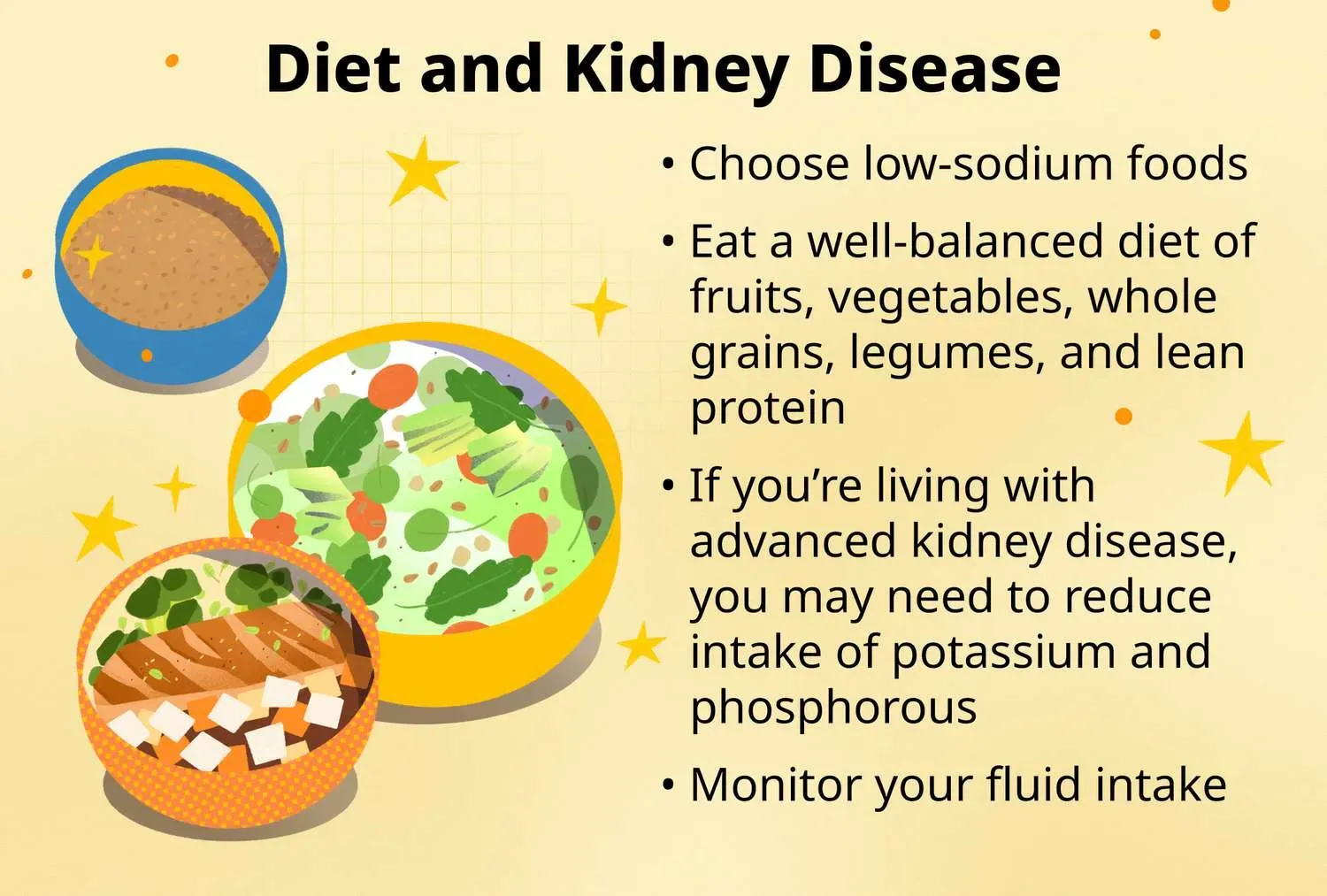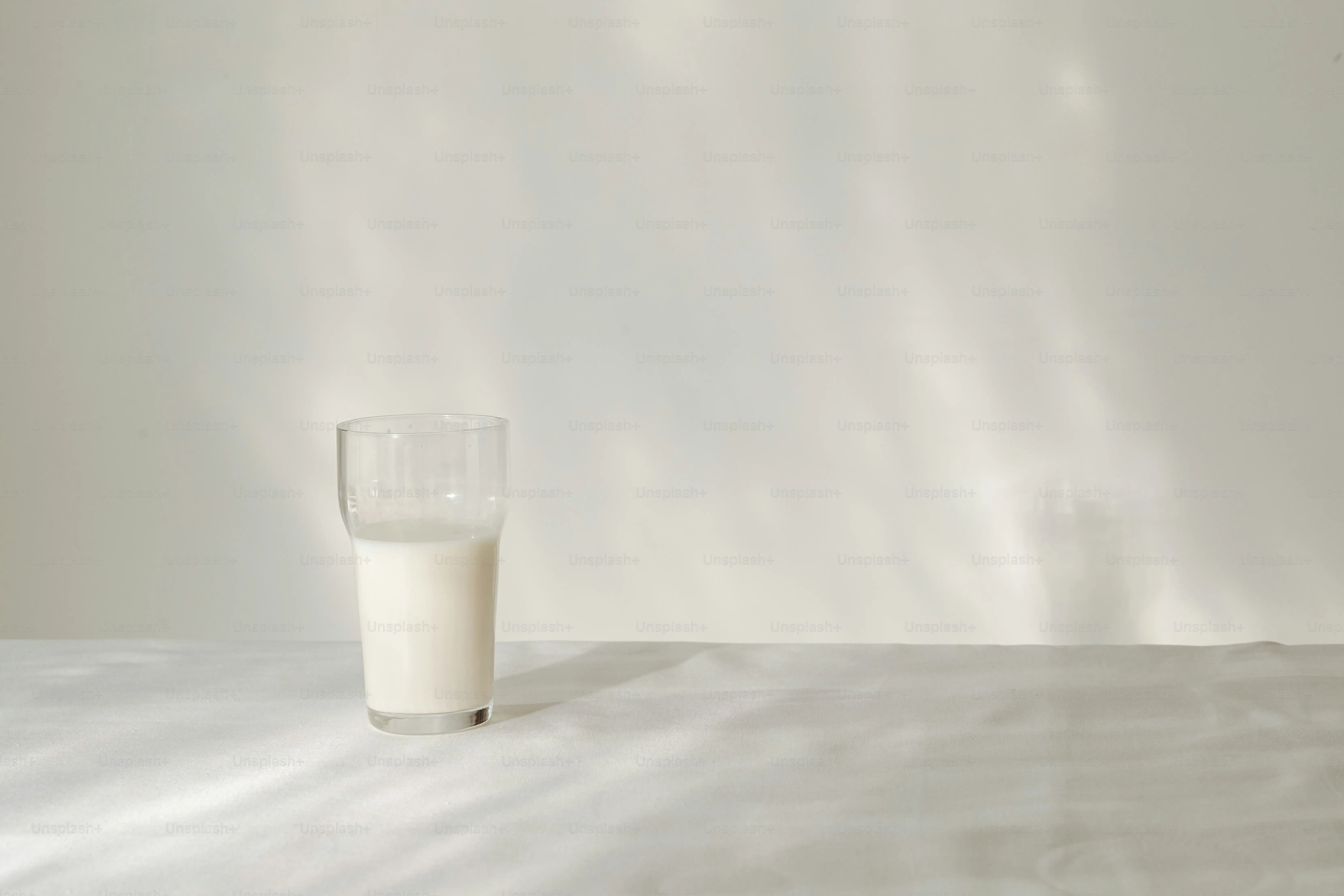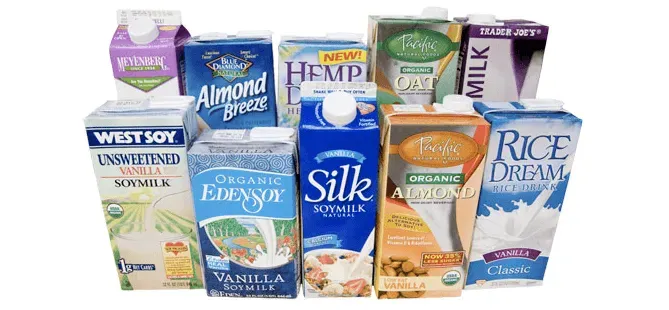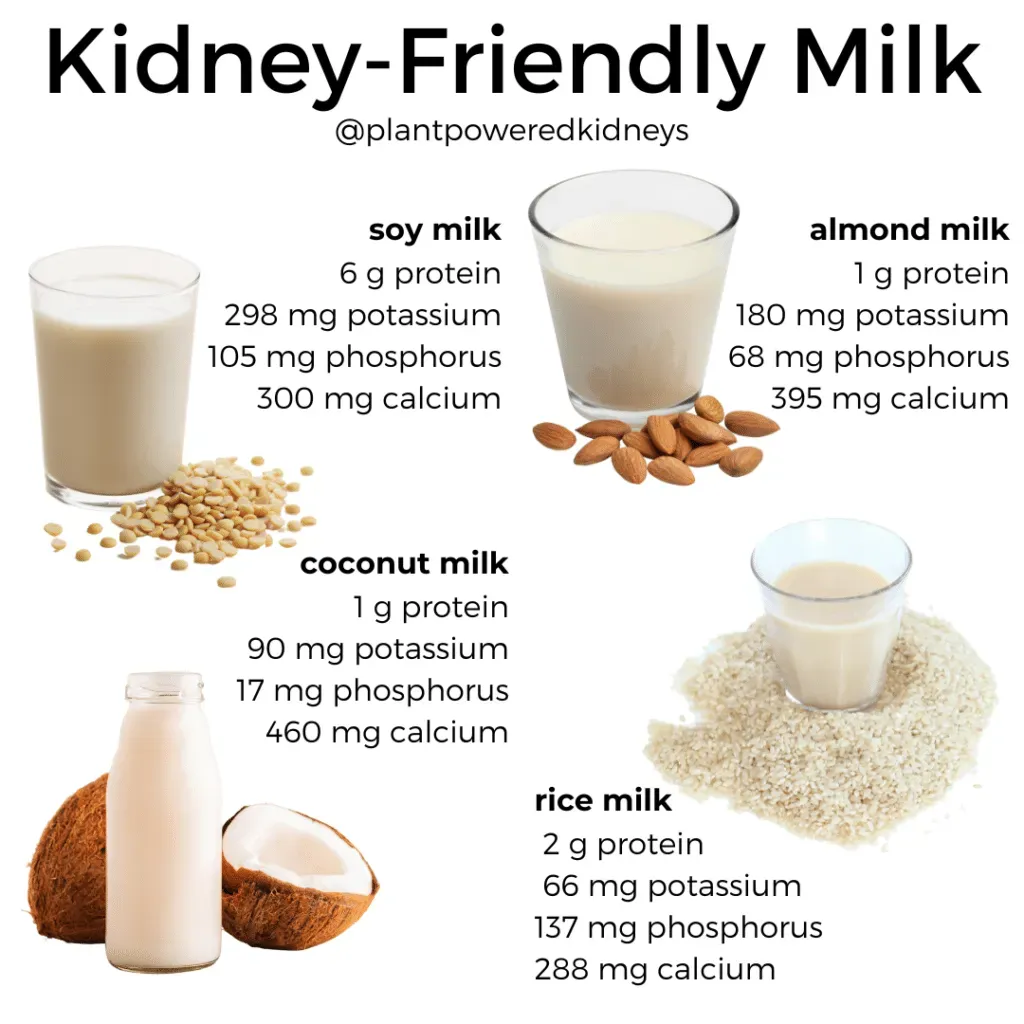Table of Contents
If you're navigating chronic kidney disease (CKD), you've likely got a mental checklist for everything you eat and drink. Dairy, a staple for many, often lands squarely on that list, prompting questions. Specifically, you might wonder: is low-fat milk good for kidney patients?
Is LowFat Milk Good for Kidney Patients? The Quick Answer

Is LowFat Milk Good for Kidney Patients? The Quick Answer
Navigating the Dairy Dilemma
Let's cut to the chase because nobody with kidney concerns has time for wishy-washy answers. Is low-fat milk good for kidney patients? Generally speaking, no, not in the way a healthy person might consume it. It's not a simple yes or no, and it definitely leans heavily toward "limit it" or "avoid it" for most people managing chronic kidney disease (CKD).
This might sound surprising. We've been told for years that milk builds strong bones, and low-fat versions seem like a healthier choice. But when your kidneys aren't working at full capacity, the things milk is famous for – like calcium, phosphorus, and potassium – become potential problems, not benefits.
Why "No" Isn't the Whole Story
The issue isn't the fat, ironically. It's the mineral load. Healthy kidneys are excellent at filtering out excess phosphorus and potassium, keeping blood levels balanced. Diseased kidneys struggle with this job. When you drink milk, you're dumping a significant amount of these minerals into your system, and your kidneys can't keep up. This leads to high blood levels of phosphorus (hyperphosphatemia) and potassium (hyperkalemia), both of which can cause serious health issues for CKD patients, including bone disease, heart problems, and muscle weakness.
Even the calcium, while necessary, comes packaged with phosphorus in dairy. For CKD patients, excess phosphorus pulls calcium out of bones and deposits it in soft tissues and blood vessels, paradoxically weakening bones and contributing to heart disease. It's a complex mineral imbalance that milk exacerbates.
- Milk contains high levels of phosphorus.
- Milk contains significant potassium.
- These minerals are hard for damaged kidneys to filter.
- High phosphorus can weaken bones and harm the heart.
- High potassium can cause dangerous heart rhythm issues.
Understanding the Mineral Burden
So, while "is low-fat milk good for kidney patients?" might get a quick "no" from your nephrologist or dietitian, it's important to understand the *why*. It's not about the fat or calories; it's about the specific electrolyte and mineral content that becomes toxic when kidney function declines. Think of it like trying to use a clogged drain – pouring more water in just makes the problem worse.
This is why dietary restrictions in CKD are so crucial and often feel counterintuitive compared to general healthy eating advice. What's good for one person isn't necessarily good for another, especially when dealing with organ failure.
Why Milk Poses Challenges for Kidney Patients

Why Milk Poses Challenges for Kidney Patients
The Phosphorus and Potassium Overload
so you know milk isn't a free-for-all when your kidneys are struggling. Let's dig a little deeper into the specific troublemakers. The main culprits are phosphorus and potassium. Healthy kidneys are filtration experts; they grab excess phosphorus and potassium from your blood and send them out in your urine. It's a critical balancing act.
But when CKD sets in, that filtration system breaks down. Your kidneys lose their grip on these minerals. Drink milk, and you're pouring more phosphorus and potassium into a system that's already backed up. High phosphorus levels in the blood can lead to brittle bones and calcification of blood vessels – basically turning your arteries into rigid pipes. Too much potassium can mess with your heart's electrical signals, leading to dangerous, even fatal, rhythm problems. It's a serious situation where a simple glass of milk can contribute to significant risk.
Calcium's Complicated Dance with Failing Kidneys
Now, you might think, "But milk has calcium, and that's good for bones!" True, calcium is essential. However, in the context of CKD, it gets complicated. As mentioned, high phosphorus is a major issue. Your body tries to correct high phosphorus by pulling calcium out of your bones. It's a desperate attempt at balance, but it ultimately weakens your skeleton over time, increasing fracture risk.
Furthermore, many CKD patients take phosphate binders with meals. These medications latch onto phosphorus in food to prevent it from being absorbed. Dialysis also removes some phosphorus and adds some calcium back into the blood. Adding a large dose of calcium from milk on top of this complex system, especially when phosphorus isn't being adequately controlled, just throws another variable into the mix. It's less about getting enough calcium and more about managing the phosphorus imbalance that milk exacerbates, making the question of is low-fat milk good for kidney patients lean heavily towards 'handle with extreme caution.'
- Phosphorus buildup weakens bones and hardens arteries.
- Potassium buildup can cause life-threatening heart rhythm issues.
- Kidneys lose ability to filter these minerals in CKD.
- Milk contributes significantly to the daily load of phosphorus and potassium.
- Calcium from milk doesn't offset the damage from high phosphorus in CKD.
Exploring Milk Alternatives: Are They Better for Kidneys?

Exploring Milk Alternatives: Are They Better for Kidneys?
Beyond the Dairy Aisle: Finding Kidney-Friendly Options
so cow's milk, even the low-fat version, is often off the table or severely limited for kidney patients due to its mineral load. This leaves a gap for cereal, coffee, or just a plain glass of something cool. Luckily, the grocery store aisles are overflowing with alternatives these days. We're talking soy, almond, rice, oat, cashew, and more. The good news is that many of these *can* be better choices for your kidneys than traditional dairy. The bad news? You can't just grab any carton off the shelf and assume it's safe. These alternatives vary wildly in their nutritional profiles, especially when it comes to the phosphorus and potassium levels that matter so much for CKD.
Making the Right Choice: LowFat Milk, Alternatives, and Kidney Health

Making the Right Choice: LowFat Milk, Alternatives, and Kidney Health
Alright, so we've established that asking "is low-fat milk good for kidney patients?" often leads to a less-than-ideal answer due to phosphorus and potassium. You're now looking at the dairy alternatives aisle like it's a minefield. The key to making the right choice among low-fat milk, alternatives, and kidney health is to become a label detective. Don't trust the marketing slogans; trust the nutrition facts panel. You need to scrutinize the phosphorus and potassium content per serving. Some seemingly healthy options, like certain soy or nut milks, might have sneaky phosphate additives (look for ingredients with "phosphate" in the name) or naturally high potassium levels. This is where the rubber meets the road – knowing which numbers to look for helps you navigate this dietary minefield and pick a drink that supports your kidneys, not stresses them further.
Making Informed Choices for Kidney Health
So, while low-fat milk might seem like a healthy choice generally, the question of is low-fat milk good for kidney patients gets a complicated answer. The reality is that its high levels of phosphorus and potassium can significantly burden compromised kidneys. Simply switching to low-fat doesn't change these mineral concentrations enough. Choosing dairy or a milk alternative requires careful attention to labels, focusing on phosphorus, potassium, and calcium content. There's no single 'best' option for everyone; it depends on your specific needs and dietary restrictions. Consulting with a renal dietitian remains crucial to navigate these choices and ensure your fluid intake supports, rather than harms, your kidney function.
